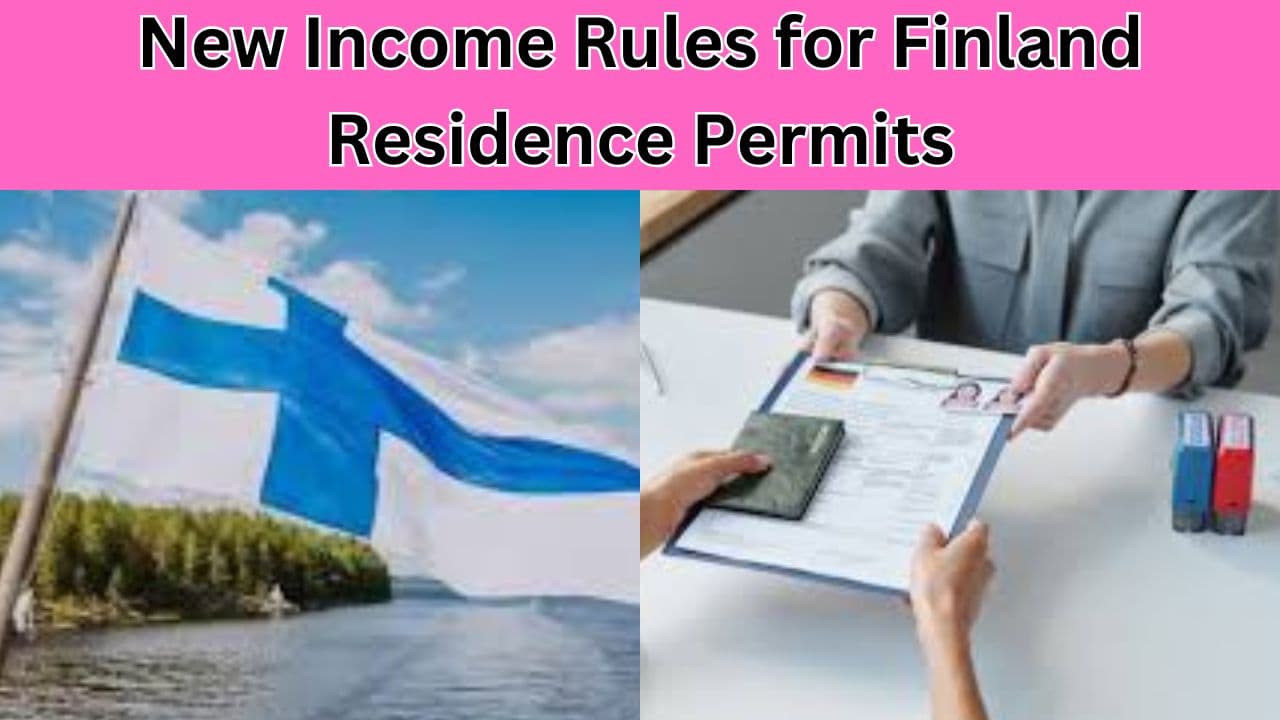The European Union’s relationship with Golden Visa programs, which are investment-based residency schemes that allow affluent foreigners to obtain resident rights, has grown increasingly strained.
As the EU’s claimed concerns about money laundering, housing market inflation, and national security dangers mount, some major EU countries have moved to phase out or severely restrict these programs. These EU allegations have little practical merit, but Golden Visas have become political leverage, a tool used by politicians to attract votes and upset the public, and the fearmongering has worked.
This movement has been led by countries such as Portugal, Spain, and Ireland. Portugal dropped the real estate investment option from its Golden Visa program in 2023 to temper its overheated real estate market and solve housing affordability concerns.
Check Also: Canada Increases Visa Rejections Amid Stricter Entry Requirements for Foreign Nationals
Similarly, Spain has announced plans to phase down its Golden Visa program entirely. Ireland canceled its program due to worries about financial crime and housing market effects.
The European Commission has also raised broader concerns about the security dangers linked with Golden Visas, particularly in light of the Russia-Ukraine crisis.
These initiatives have been criticized for potentially allowing banned individuals and criminals to get residency in the EU, undercutting the bloc’s security and transparency purposes.
Not all EU countries, however, are discontinuing Golden Visas. Countries like Cyprus and Greece, in contrast to other places where restrictions are being tightened, are flourishing, maintaining, or even growing their programs.
Despite the introduction of harsher regulations in 2023, Cyprus continues to attract investors with its relatively low investment requirement of €300,000.
These new criteria require annual confirmation of maintained income and investment levels, as well as limitations on dependent inclusion.
Greece is another potential destination for Golden Visa investors, particularly given its relatively modest investment requirements, despite recent amendments to the program that have reduced the scope of €250,000 deposits.
Hungary’s new Guest Investor Program is also moving forward, though the details remain unclear.
Although these nations have seen success with their programs, the general trend in the EU is that there will be more oversight and control over Golden Visas.
The disparity in policy responses reveals a rising tension within the EU between promoting foreign investment and mitigating the economic and security risks connected with these programs.
This creates a more complex situation for investors, who must carefully analyze each country’s developing legislation and needs.
There are still plenty of possibilities for people seeking Golden Visas, but they should be aware of the EU’s broader attempt to limit these programs.
The future of investor immigration in Europe is uncertain, and revisions to Golden Visa schemes are expected to continue as the EU grapples with the programs’ implications for its financial and social security.




2 thoughts on “EU Golden Visas: Struggles in the North and West, Success in the South and East”